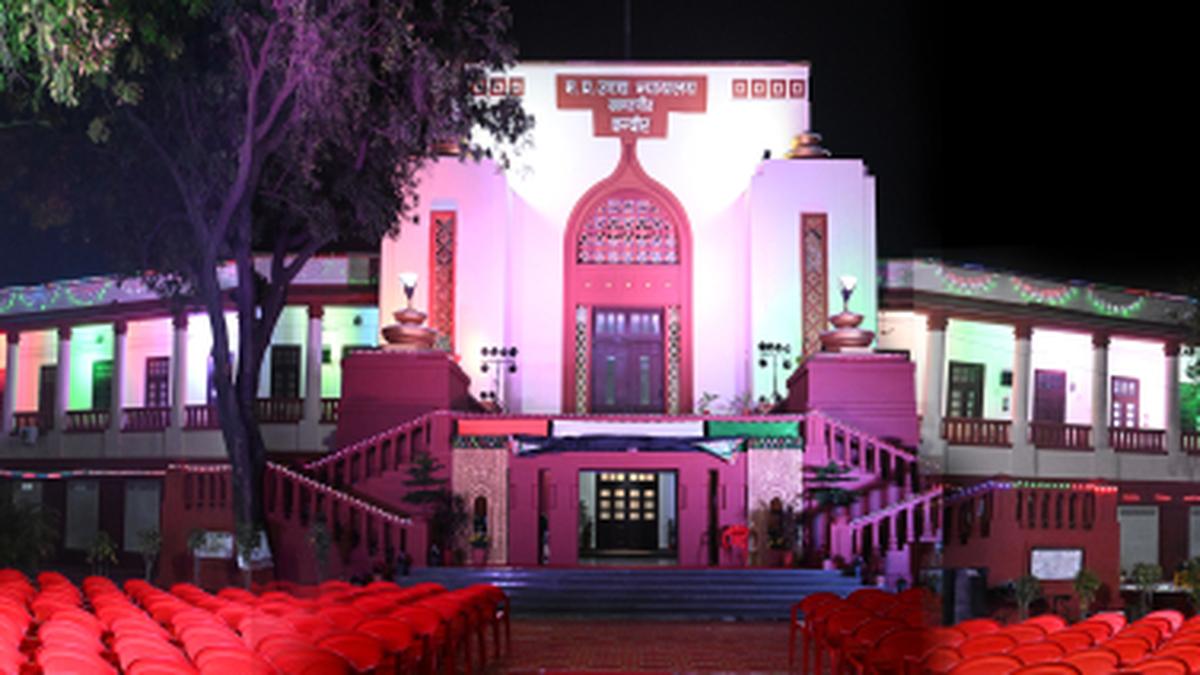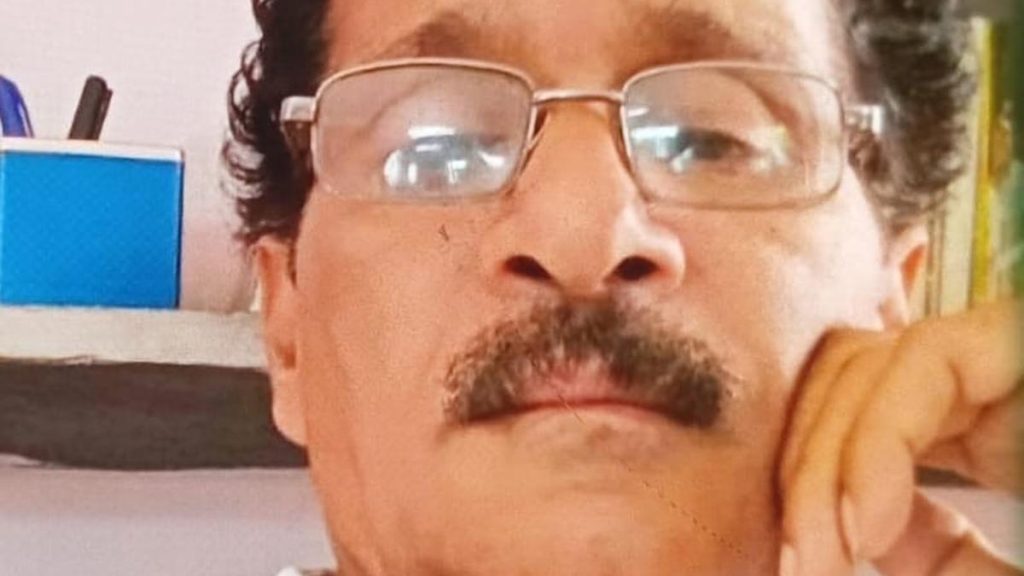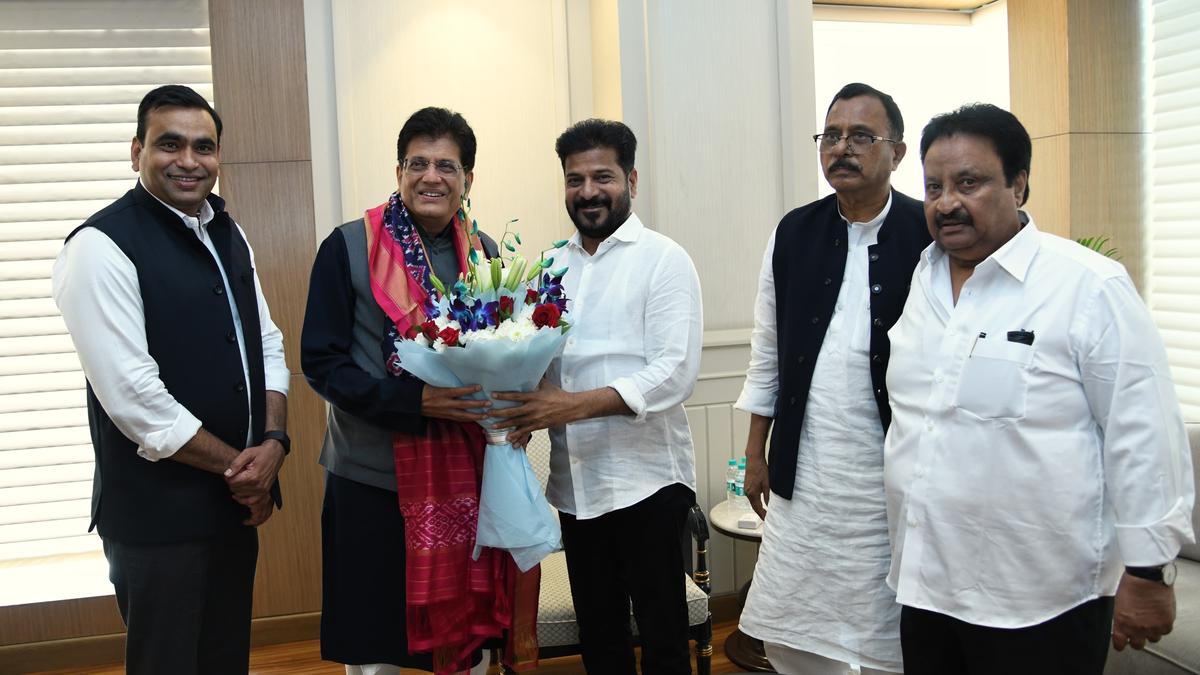Now Reading: Madhya Pradesh HC Rejects Bail Plea of Indore Cartoonist Accused of Derogatory Modi, RSS Sketches
-
01
Madhya Pradesh HC Rejects Bail Plea of Indore Cartoonist Accused of Derogatory Modi, RSS Sketches
Madhya Pradesh HC Rejects Bail Plea of Indore Cartoonist Accused of Derogatory Modi, RSS Sketches

Quick Summary
- Cartoonist Bail Denied: The Madhya Pradesh High Court denied anticipatory bail to cartoonist Hemant Malviya over “objectionable” caricatures of Prime Minister Narendra Modi and the Rashtriya Swayamsevak Sangh (RSS).
- Charges filed: Malviya faces charges under Sections 196,299,302,352,353(3) of Bhartiya Nyaya Sanhita (BNC) and Section 67-A of the Information Technology Act.
- Complaint Details: FIR filed by RSS worker Vinay Joshi alleges that Malviya’s caricature depicted PM Modi and RSS in an “undignified manner”,disturbed communal harmony,hurt religious sentiments via derogatory remarks on Lord Shiva.
- Court Remarks: Justice Subodh Abhyankar termed the caricature a “sheer misuse” of free speech under Article 19(1)(a). Comments connected to the social media post were deemed “deliberate and malicious”.Custodial interrogation was ruled necessary.
- Past Context: Malviya has prior FIRs from Uttarakhand Police in 2022 for his offensive cartoons about Baba ramdev, as well as Indore police complaints following allegedly derogatory remarks about PM modi’s mother.
Indian Opinion Analysis
The case raises significant questions concerning limits on freedom of expression versus protection against offense or harm under Indian laws like Bhartiya Nyaya Sanhita (BNC) or IT regulations. While India’s Constitution guarantees free speech under Article 19(1)(a), courts have repeatedly stressed it is not absolute and must be exercised within reasonable restrictions to avoid disturbing public order or religious sentiment.
The judgment by Madhya Pradesh high Court highlights judicial skepticism toward perceived abuses of such freedoms in politically sensitive contexts-especially when linked with communal harmony or national figures. Similar issues have historically led courts to define boundaries between satire intended for public critique versus content considered defamatory or divisive.
For political cartoonists like Mr. Malviya, this ruling underscores heightened obligation on creators engaging audiences online-were influence spreads rapidly-and calls into question whether this creates a chilling effect limiting artistic license in critical commentary around powerful entities within India’s democracy.
Read more at source link.
























